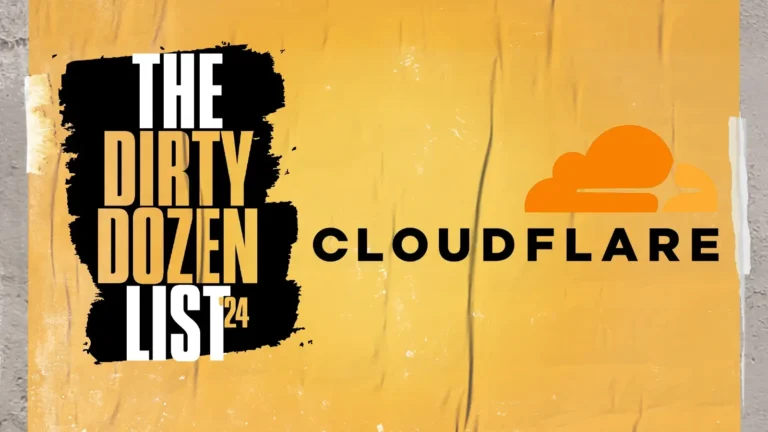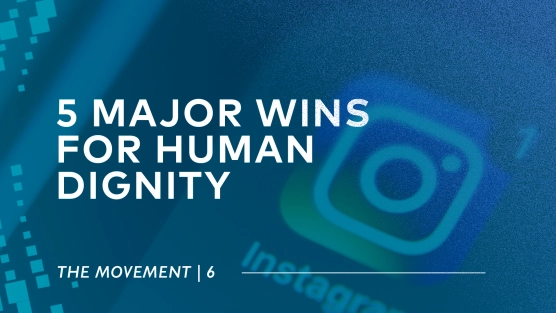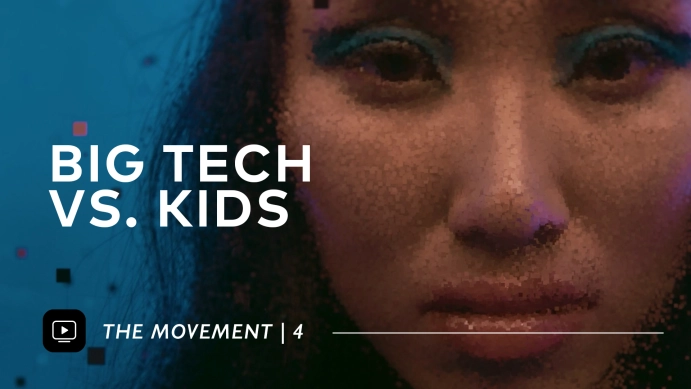The premise of Sex and the Single Girl, Helen Gurley Brown’s best-seller that shocked the American public in the 1960s, was that a young woman didn’t need a ring on her finger to have and enjoy sex. Fifty years later, that notion is as culturally acceptable as a daily dose of caffeine. Gurley Brown distinctively headed Hearst’s Cosmopolitan magazine for three decades, offering dating and sex tips, horoscopes, and “blissfully sinful secrets that will blow your man’s mind.” Perhaps, but Gurley Brown would be dismayed that, in the past few years, Cosmo has steadily evolved into an online porn magazine.
In the spirit of full disclosure, while I read women’s magazines, I’ve never purchased a copy of Cosmo. Even as a young teenager, my burgeoning understanding of women’s equality planted a red flag on its monthly check-out counter trifecta of weight loss diets, confounding sexual acrobatics and ensnaring Mr. Right with surgically-produced cleavage. That menu remained as unappealing as being reduced to a blow-up doll, but those were the “good” ole’ days before Cosmo made a screeching turn into Hearst-approved pornlandia.
Today’s Cosmo is not just about pushing sexual boundaries or sex tips for the average twenty-something looking for spice in her dating life. An abrupt shift from that fare occurred in 2012 when Cosmo published a handful of articles online glorifying the multi-billion dollar pornography and commercial sexual exploitation industry. In 2013, the number of porn-related pieces jumped to around 50. In 2014, they skyrocketed to 108, followed by another increase in 2015. The content ranges from articles urging that sex education be taught by porn “stars” to in-depth interviews extolling the virtues of the sex trade. Some pieces even call on Hollywood to take cues from the porn industry, as if it needed more permission to treat women as commodified second-class citizens.
Only a smidgen of those articles report on academic findings showing that porn is harmful, especially to men’s sexuality and to gender equality, but even then quickly move on to suggest that production and enjoyment of “ethical” or “feminist porn” replaces the bad kind that treats women as disposable commodities.
Cosmo’s notion that they’re parading a “different kind of porn” is pure fantasy created by pimps and  traffickers, or as Canadian journalist Meghan Murphy coined it, “Playboy Feminism™.” The Greek root of pornography, “pornei,” means “female slave” or “slave of pimps;” joined with “graphos,” it translates into the “graphic depiction of the lowest whores.” In plain English, pornography is visual prostitution and sexual exploitation for the profit of third-party exploiters.
traffickers, or as Canadian journalist Meghan Murphy coined it, “Playboy Feminism™.” The Greek root of pornography, “pornei,” means “female slave” or “slave of pimps;” joined with “graphos,” it translates into the “graphic depiction of the lowest whores.” In plain English, pornography is visual prostitution and sexual exploitation for the profit of third-party exploiters.
Gurley Brown, a self-identified feminist of a different kind, based Cosmo’s success on the sexual subordination of women to men in style and with a smile. She famously dismissed stories of sexual harassment, including those involving Senator Bob Packwood and Justice Clarence Thomas, reminding her readers that unwanted touches in the workplace indicate desirable male sexual attention. Chins up ladies, the boss’ wandering hands and lips are natural reactions to your existence.
We all live with complex contradictions. It was never the liberated Gurley Brown that drafted those titillating cover lines every month during the thirty-plus years of her reign at Cosmo; it was her husband. Today, Cosmo’s editor-in-chief, Joanna Coles, is getting her online content directly from another ghost writer—the porn industry. Notably, an overwhelming number of recent articles either link to or advertise PornHub, a horrifically graphic online pornography clearinghouse with offerings from teen rape to sexual torture. Thanks to Cosmo, we know that Pornhub is sponsoring a college scholarship worth $25,000. PornHub released its own report tallying over 4 trillion (4 trillion!) hours of porn on its site in 2015, amounting to 501,425 years worth of porn viewing just for that year.
Alarmed by these findings and Cosmo’s aggressive promotion of PornHub, leading New York City-based advocacy and direct services groups—A Call to Men, the Coalition Against Trafficking in Women, National Organization for Women-New York, Sanctuary for Families and the YWCA-Brooklyn—have asked for a meeting with Cosmo’s editorial board, with no success to date. We can no longer stand by while the insidious destruction of women’s dignity, health, and potential is aflame. Do supermarkets and drugstore chains know they’re selling pornography through Cosmo?
Professor Gail Dines identifies pornography as the public health crisis of the digital age. Her decades-long research, along with her book and documentary, Pornland: How the Porn Industry has Hijacked our Sexuality, examines the devastating effects of a pornified culture on our society. As the mother of young men, including one in high school, I can attest to that. Not a week goes by without my sons sharing at the dinner table reports of sexting, sexual harassment, or date rape among their classmates and peers.
Boys who learn about sex through ubiquitous porn downloaded on their phones and school iPads learn about domination instead of pleasure; violence instead of consent. Girls are left confounded by the resulting blurred lines between sexual pleasure and pain, desirability and submission, achievement and objectification. We strive to end violence against women and girls, eradicate sexual exploitation, and create a world where children aren’t taught that the best way to ensure intimate and equal companionship is through myriad shades of porn-infused humiliation and degradation. Cosmo is marketing the poison to those goals.
The sex trade, including pornography, is indeed an easy cash cow, especially in times of economic uncertainty, but it eats away at the core of our humanity. One of the fundamental pillars of the Universal Declaration of Human Rights is the principle of indivisibility. You can’t claim to support women’s equality if your coffers are filled with money soaked in the blood of exploitation, prostitution and trafficking. Even Helen Gurley Brown, with her uneven understanding of women’s full humanity, would agree that “sex and the single girl” never meant the obliteration of our true selves.



